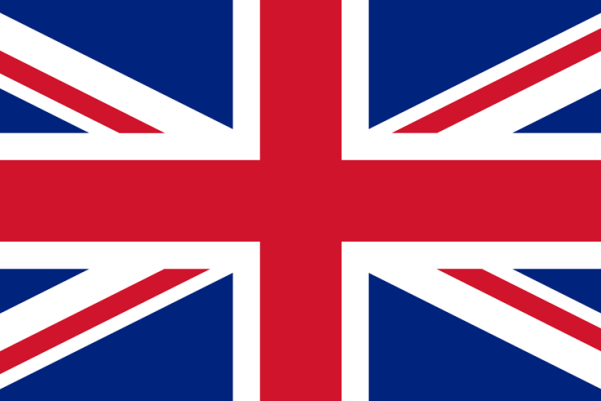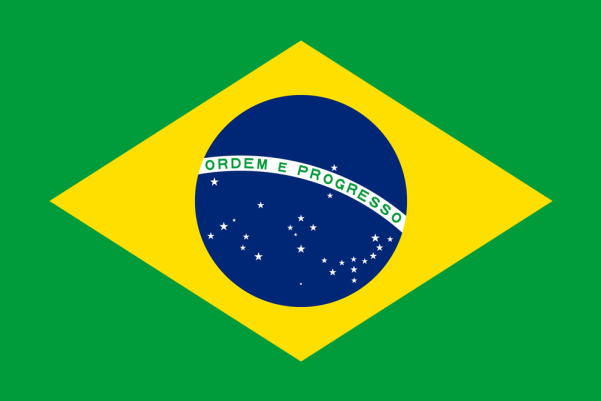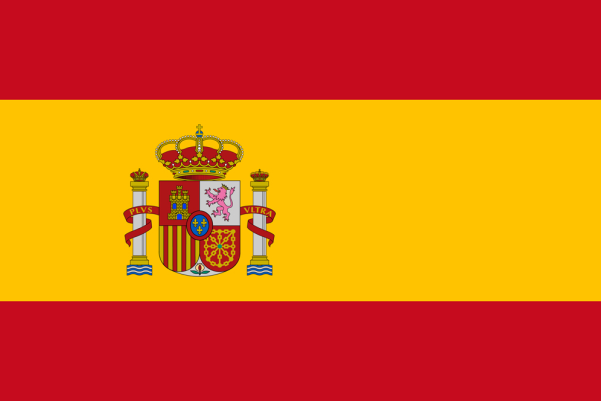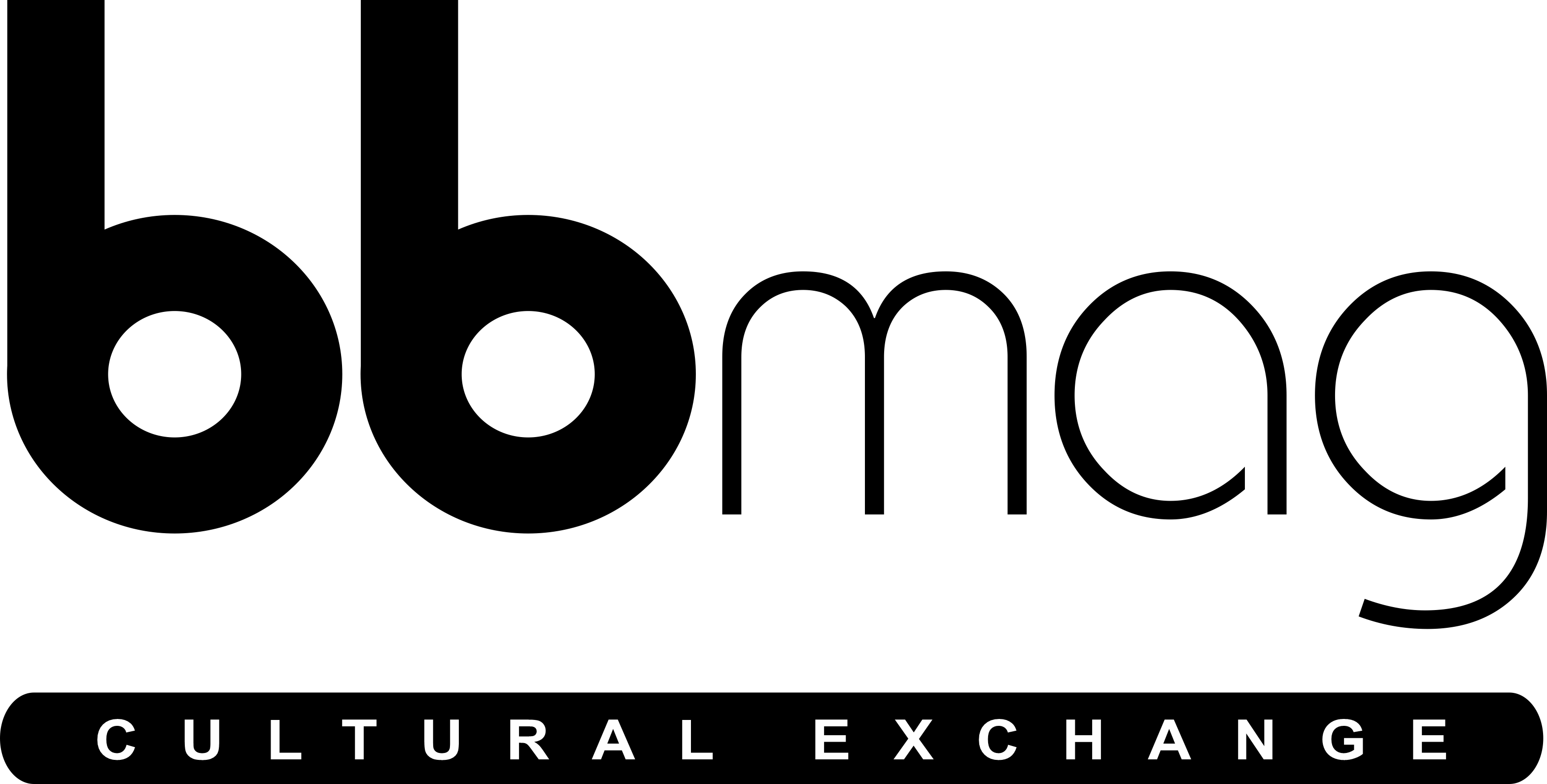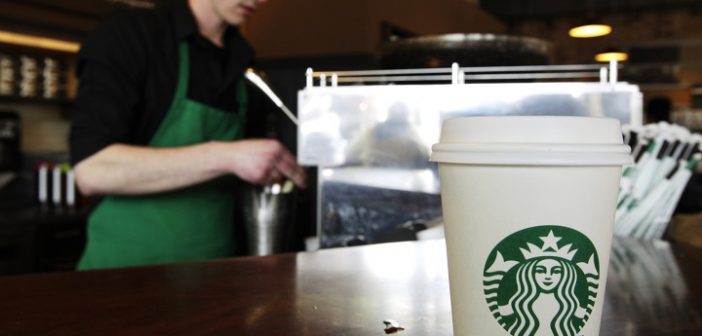The whole “coffee on the run” craze exploded in the late 1990s. The product itself was unremarkable; an overly generous measure of impossibly fat milk heaped over a solitary shot of expresso – in short, a very milky coffee in a cardboard cup. Irrespective of provenance or any environmentally friendly message, this was, and remains to this day, a relatively standard commodity. What made it different was the brand experience.
We live in a world where branding specialists, or “brand architects”, carefully construct a series of value enhancing customer touchpoints, all geared towards winning custom and establishing unwavering loyalty. These experiences, or “moments of truth” are strategically choreographed to generate an overall sense of customer satisfaction.
With branding blueprints in hand Starbucks went from 90s NYC niche to world domination in a surprisingly short time. Before you could brew a decent pot of tea, trendy Starbucks stores cropped up all over London. Curious customers were met by young, fresh faced baristas eager to customize your morning tipple with efficiency and flare, before insisting that you had yourself a great day. It was like being on the set of Friends, the cult US sitcom. Starbucks was an instant hit, a winning blend of convenience and civility that has turned coffee customs into a defining characteristic of 21st century urban life.
For the coffee crazed, our fidelity is frightening, powerless to resist the allure of the Starbucks siren that dominates the now iconic company trademark. These days it is foolhardy to travel too far without GPS confirmation that there will be Starbucks, given that recent reports suggest that shopping in busy cities without a Starbucks may in fact damage your health.
Starbucks in Brazil, however, is a curious proposition. Brazil is not only a coffee devout nation; it is a mocha mecca, famous for producing perhaps the crème de la crème of the hallowed bean. Brazilian coffee, in all senses, is strong, and therefore flogging fancy frappachinos and cinnamon lattes to the locals could be met with skepticism. On arrival to Brazil in 2008 I was met with confused countertop kafuffle as I ordered my coffee “para viagem” (take away). Starbucks and I were both new to Brazil and I was sure we would understand each other in my quest for mug mobility, but no. Such footloose multitasking, drinking a hot drink whilst in motion was not only considered hazardous, but it just failed to pay the coveted coffee bean the suspended attention it deserved.
The hordes of white cup clenching commuters are notable by their absence in São Paulo and the majority of store locations tend to be tucked away inside shopping malls. Not only do I need to drive to Starbucks now, I need to pay for parking. The product range is fairly familiar, naturally adapted to give it that local twist, but the mainstay items fail to hit the mark; soggy muffins, tired sandwiches, that sort of thing.
The other challenge that the organization faces is English. Starbucks, as a modern-day hallmark of global hospitality is a natural beacon for tourists. I often, somewhat cruelly, feign Portuguese incompetence in the name of market research. Having clumsily gestured my urge for a regular coffee I face the most dreaded of “moments”; the name prompt. What I once considered a welcome touch of customer personalization, now only serves to pinch the nerves. Given the one syllable, two-letter nature of my name this might be considered paranoia, but having been so publically rechristened Eder, Esther and Elder by the house of Starbucks, my concerns are valid.
The branding experts of Brazil have their work cut out with this one. According to Forbes Magazine, Starbucks ranked as the 61st most valued brand on the planet in 2014 ($8.7bn). The foundations are undeniably strong, but like all successful construction projects, maintenance and inspection are critical.
Must dash, they are calling my name. I think.
